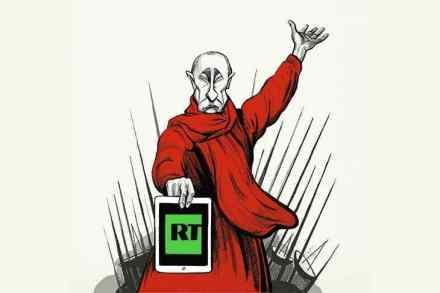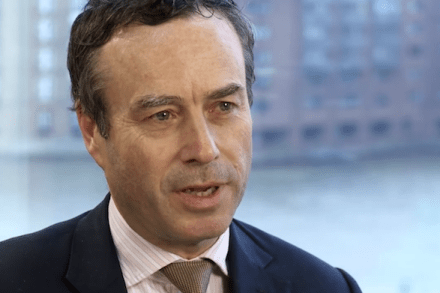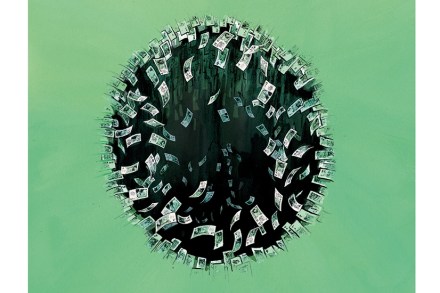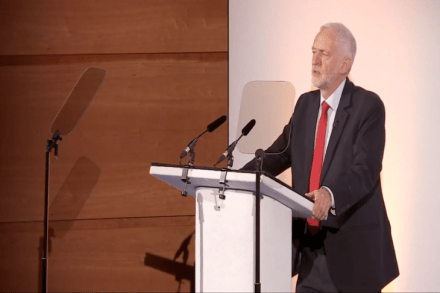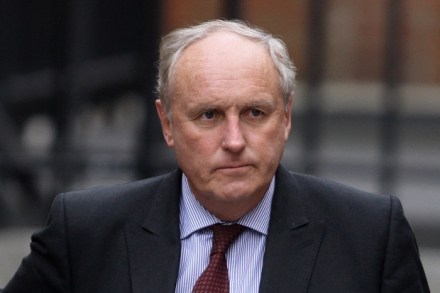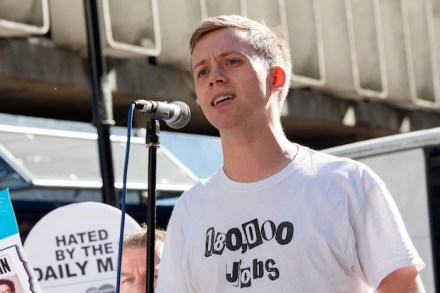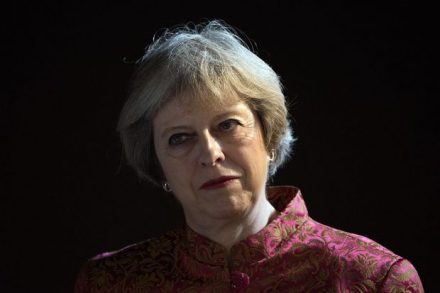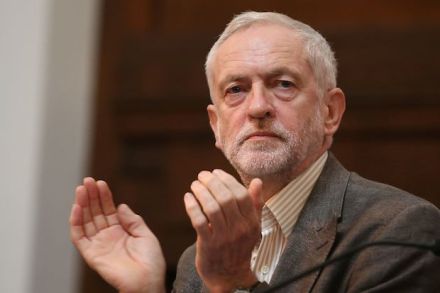Even Rachel Reeves pitied Keir Starmer at PMQs
Statute 343.36 in the US state of Minnesota reads thus: ‘No person shall operate, run or participate in a contest, game, or other like activity, in which a pig, greased, oiled or otherwise, is released and wherein the object is the capture of the pig’. I hope, for the sake of the integrity of their state laws, no Minnesotans were watching Prime Minister’s Questions today. There was one little piggy very much at large, greased and squealing, trying to avoid capture. Its name? Sir Keir Starmer, KCB. It started badly. The first big bad wolf to come a-knocking was Dr Luke Evans. He did so in a calm and collected











